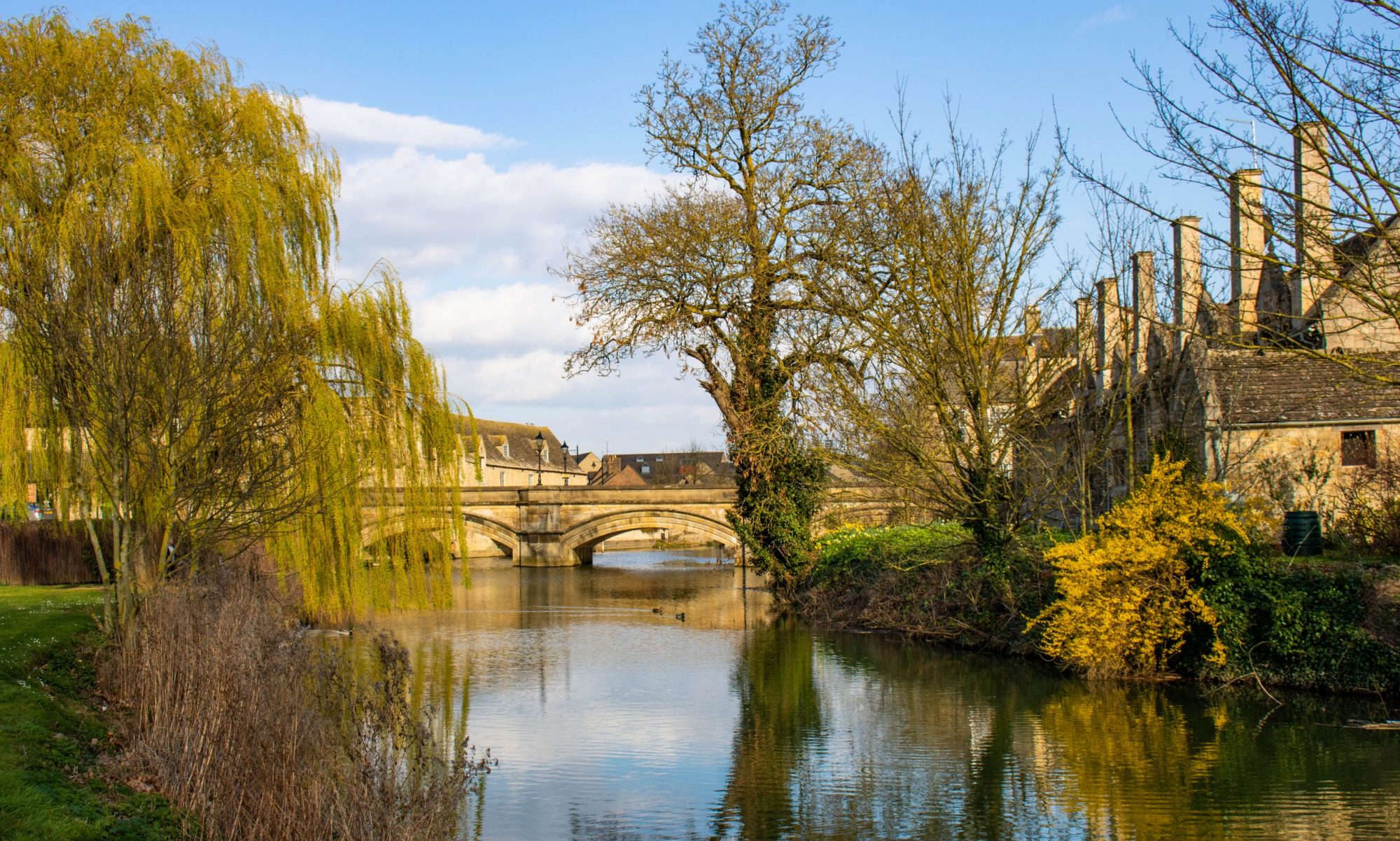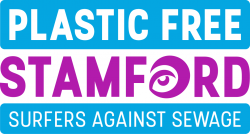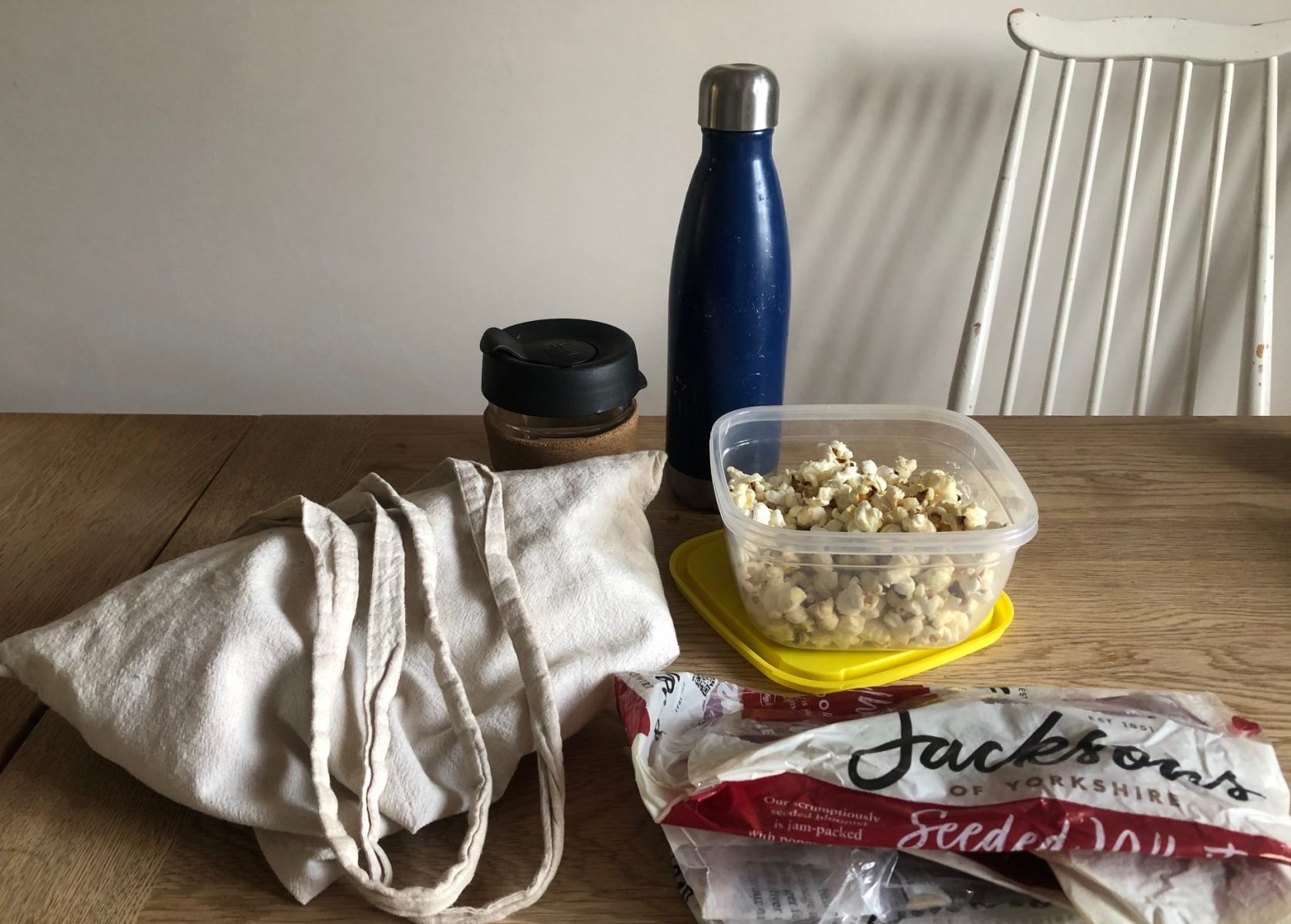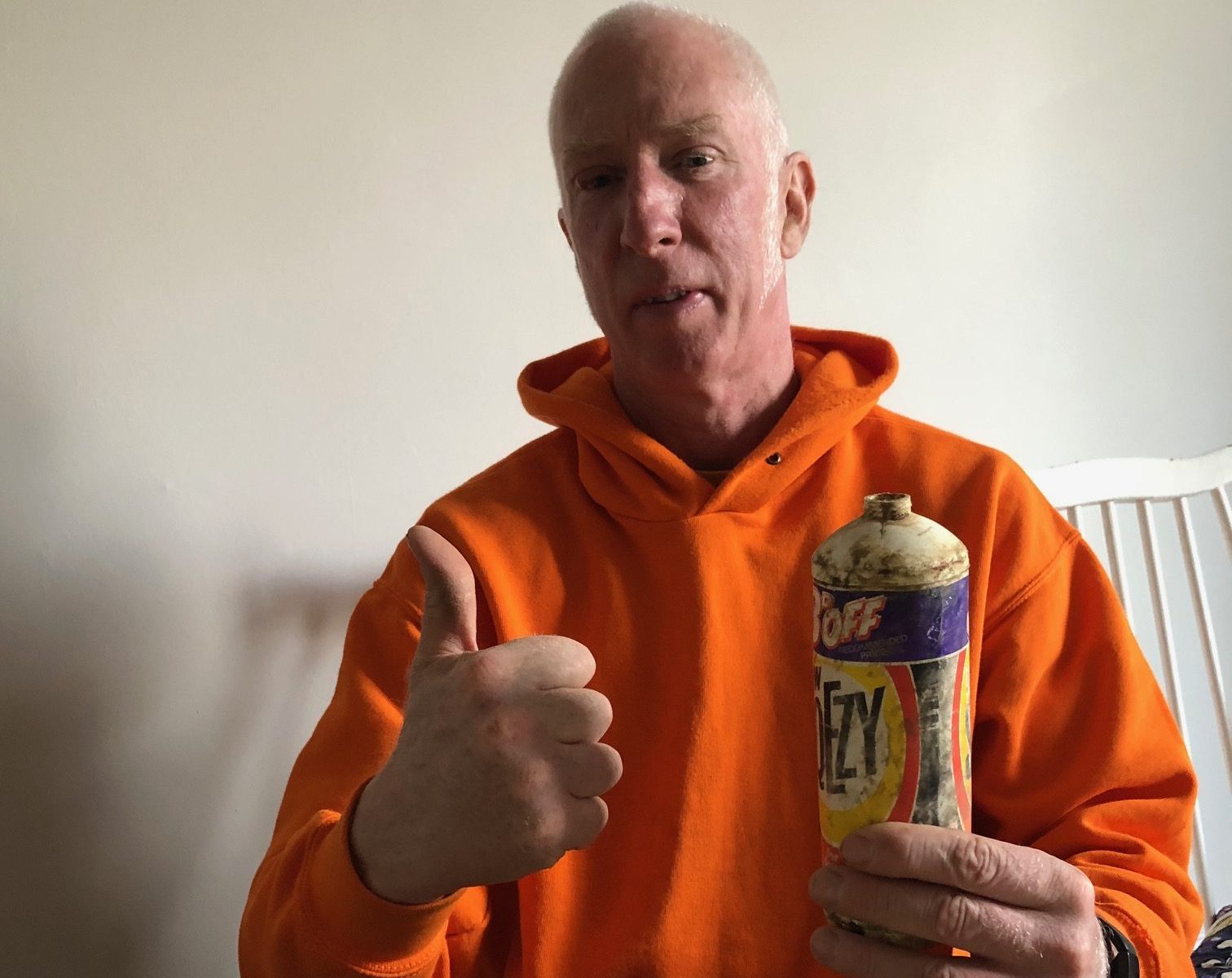Helping Stamford stock up on staples plastic free
This week PFS took some time out to catch up with local Plastic Free Champion, Annabel Britton from ALL GOOD Market on St Paul’s Street – a lovely refill shop that also sells a wide range of local produce. ALL GOOD gives you the opportunity to stock up on a wide range of staples – pasta, rice, flour, herbs and spices, dried fruit, even washing up liquid and shower gel, while massively reducing the need for single use packaging.
Starting a new venture during a global pandemic is no mean feat, but with such a clear focus on reducing single use plastic, we couldn’t help but want to find out more….
Plastic Free Stamford: Can you tell us a little bit about why you started your refill business and what motivated you to focus on helping others reduce their single use packaging?
Annabel Britton: After graduating uni, I lived in Paris and used a zero waste shop there, which was brilliant. I came home for lockdown and started to notice how much more packaging waste we produced as a family, compared to how I had been living. However, there wasn’t a shop local to us where we could buy refills. I felt this was a glaring gap in the market in Stamford and a quick survey posted on Facebook confirmed my suspicions.*
PFS: So what can people expect from a trip to ALL GOOD and how does it all work?
AB: I look to offer a really personalised service and an enjoyable shopping experience – this is not like going to the supermarket! Usually until a customer is a regular, I serve them or help them and tend to ‘walk people through it’ to begin with. I’m there to help, so there’s no need to worry about what not having shopped in a refill shop before.
PFS: And what should people bring?
AB: Any bags or containers they can remember. They don’t need to be pretty Kilner jars – you can bring old bread bags, egg boxes, takeaway containers, gin bottles… the best thing I’ve refilled so far was the plastic packaging of an Easter egg. I do also have paper bags and sterilised containers which people are welcome to take for free.
PFS: What packaging do your products come in and what happens to it?
AB: Good question! I will answer with full transparency. It pretty much falls into three camps.
For eggs, coffee, oils, cleaning products, milk, tea and kimchi, any packaging is returned to the supplier to be reused, so it’s a completely closed-loop system.
For dried products (rice, oats, flour, etc.) I am saving the sacks and have grand plans to upcycle them. Don’t want to give the game away!
Spices, nuts, dried fruit and some seeds come in plastic packaging which isn’t recyclable. This is regrettable but mostly necessary to preserve the quality. However, I think that one 5kg bag of cashew nuts is preferable to 20 250g bags.
PFS: What do you see as the biggest barriers to people using a refill shop and how can you help them overcome this?
AB: From my customers, I perceive the biggest barrier being a lack of time. A lot of people have so much on their plate – this year more than ever – and remembering to bring containers, or go to more than one shop to buy food, is a bit too much to ask sometimes. This is part of the reason I offer delivery, I really want to reach as many people as possible.
PFS: Tell us a bit about your mission to champion local producers and why this is so important.
AB: It dawned on me that we live in a part of the country which is almost defined by agriculture. Perhaps this is particularly immediate to me because it is my Dad’s career. But I just thought it’s completely doolally that a farmer could produce eggs or potatoes or milk locally, and sell them to Tesco, and they end up being sold in Carlisle. And then a farmer in Cumbria producing the same thing might sell their’s to Waitrose and they end up in the Stamford branch. It’s just nonsensical.
PFS: What has been the best thing about setting up on your own?
AB: The best thing is having complete control! The shop is such a creative outlet and if I want to post something on Instagram, sell a gingerbread kit or launch a delivery service, I don’t have to consult anyone. I can put my ideas into action as quickly as I want.
PFS: And finally, what’s next for ALL GOOD? Any exciting plans and ideas up your sleeve?
AB: Since Christmas I’ve launched a lot of new products, a delivery service and takeaway filter coffee with locally produced Two Chimps coffee, but my focus now is on trying to improve the existing website and doing lots of marketing as ever.
*Stamford is incredibly lucky in that it now has three refill options – joining ALL GOOD, Refill Revolution offers a local refill delivery only service and the Eco Shop at Great Casterton has also recently opened. Each has their own distinct selection of products and unique selling points – they are all of course Plastic Free Champions.




